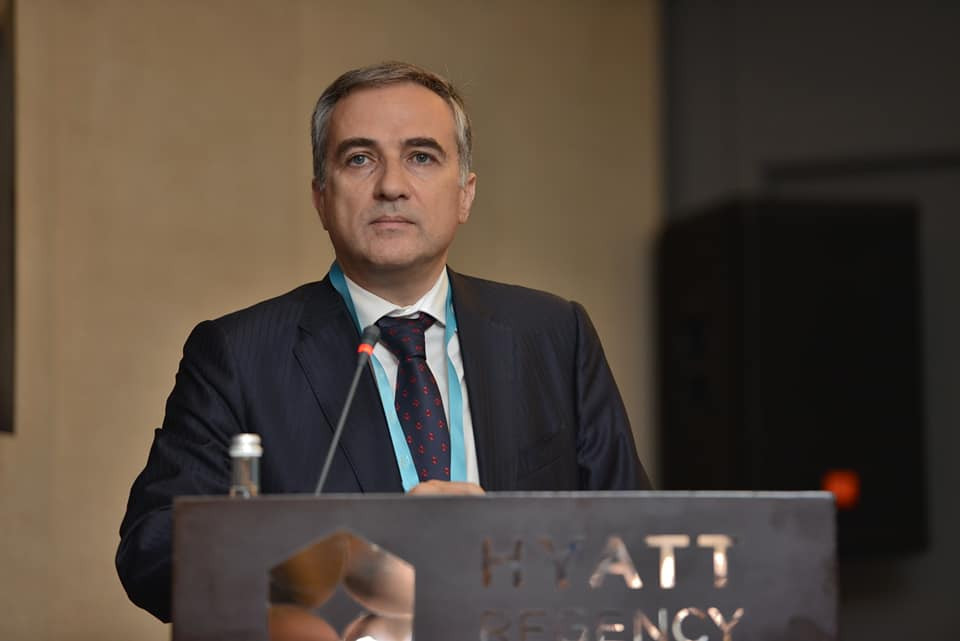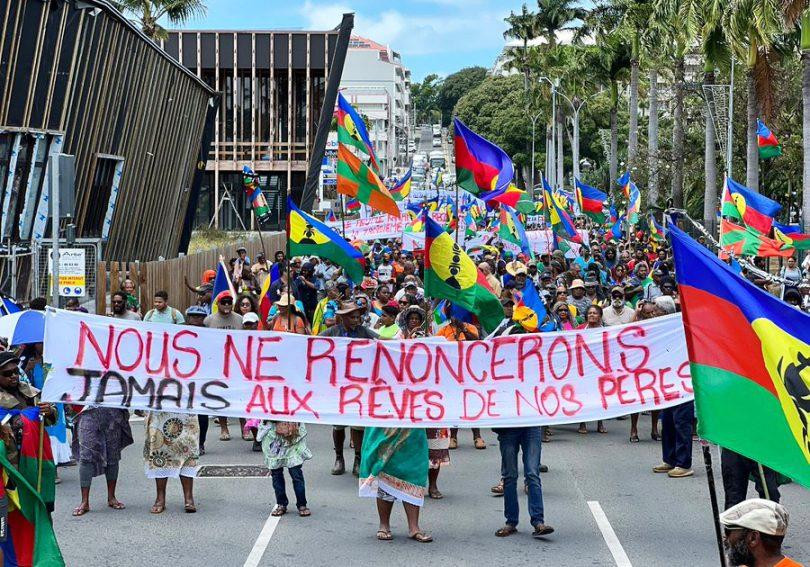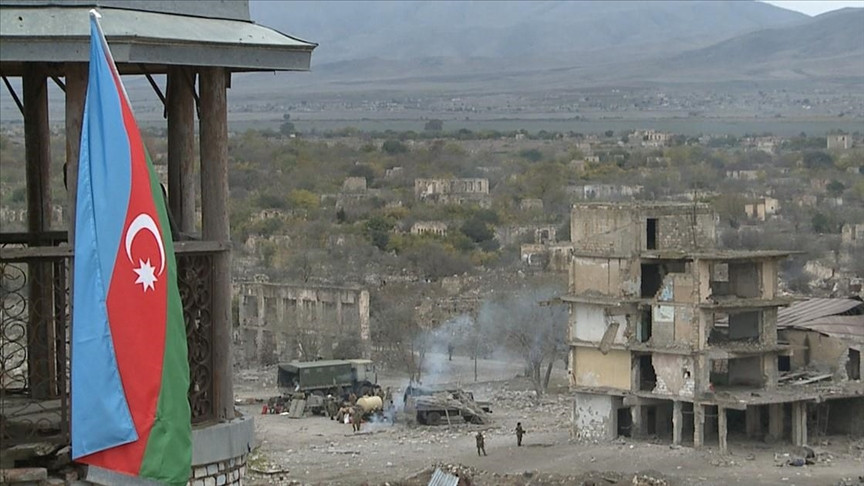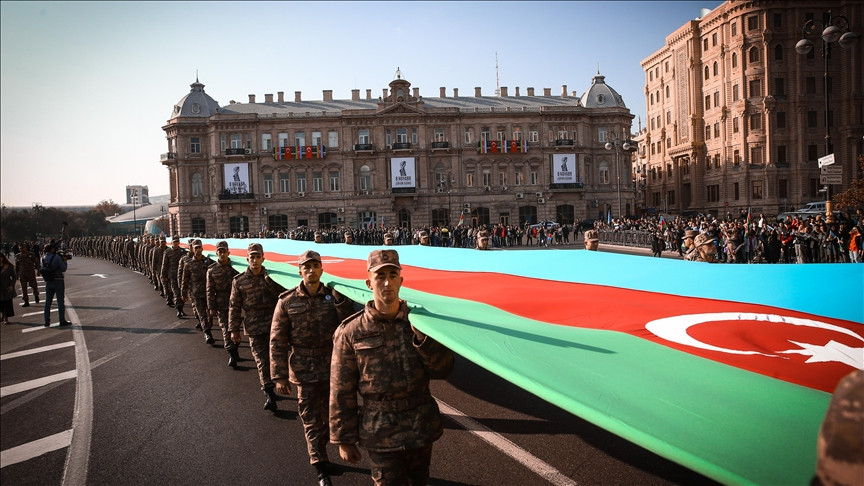In recent days and months, a plethora of articles in the French press have emerged regarding the French government’s accusations against Azerbaijan concerning France’s overseas territories, namely New Caledonia. Instead of addressing the causes of unrest in New Caledonia or failures in Africa, the current French government, under the leadership of Emmanuel Macron, has decided to scapegoat Azerbaijan.
In this anti-Azerbaijani campaign, French media has also profiled the Center of Analysis of International Relations (AIR Center), Azerbaijan’s government funded think tank. All these warrant the relevant clarification with regard to the current state of Azerbaijan-France bilateral relations as well as the issues surrounding decolonization. The recent backlash from France against Azerbaijan’s involvement in the Non-Aligned Movement (NAM) and anti-colonial process, reveals a profound insecurity and hypocrisy embedded within French foreign policy.
First, neo-colonialism has always been on the agenda of the Non-Aligned Movement (NAM), a platform for nations striving to assert their independence and resist external domination – a movement which emerged in the 1950-1960s during the Cold War. The movement’s objective has been to promote political, economic, and social independence from former colonizers, ensuring that newly independent nations can chart their own course free from external interference. Azerbaijan’s support for this cause during its tenure as NAM’s chairman from 2019 to 2024 and in its aftermath aligns with NAM’s long-standing principles.
France’s neo-colonial practices, particularly in Africa, have long been a contentious issue. The country’s continued economic, political, and military involvement in its former colonies is often perceived as a modern form of colonialism. This legacy has bred resentment and resistance, manifesting in various anti-colonial movements across the globe, including recently in New Caledonia. France’s foreign policy has been marred by its attempts to maintain influence in these regions, often leading to accusations of neo-colonialism. The backlash against these practices is not a product of Azerbaijani machinations but a reflection of genuine grievances held by many nations and peoples affected by France’s policies. However, France’s attempt to scapegoat Azerbaijan for championing anti-colonialism is not only baseless but also reflects a deflection from its own colonial past and present practices.
A particularly glaring example of France’s contradictory stance has been its support for Armenian separatists in the Karabakh region until recently and its continued militarization of Armenia. By backing Armenia’s territorial claims against Azerbaijan and its illegal actions in Karabakh, France has directly undermined Azerbaijan’s territorial integrity. It is a telling example that both chambers of the French parliament recognized the independence of the so-called “Artsakh Republic” in 2020, while even Armenia itself had not recognized it. This support for separatism starkly contrasts with France’s accusations of Azerbaijan fostering anti-colonial sentiments. It reveals a selective application of principles based on geopolitical interests rather than a consistent adherence to the principles of international law and the values of sovereignty and territorial integrity. France’s position on the Armenia-Azerbaijan conflict highlights its willingness to support secessionist movements when it aligns with its interests while condemning similar sentiments when they challenge its neo-colonial practices.
The Center of Analysis of International Relations (AIR Center) in Azerbaijan has also come under fire from the French media, accused of being a tool in Azerbaijan’s supposed neo-colonialist agenda. However, the AIR Center operates with a level of transparency that starkly contrasts with these allegations. All sources of its funding are publicly available, and its operations are conducted openly. In the meantime, the AIR Center expressed its interest to work with French think-tanks and to discuss any multilateral and bilateral agenda. In general, the relations between the two countries were always constructive until the incumbent French government. It is worth noting the fact that the current and former presidents of Azerbaijan made their first official visits to France upon their first elections in 1993 and 2003.
The recent anti-Azerbaijani campaigns in the French media further underscore the France insecurity surrounding anti-colonial rhetoric. For instance, an article from Intelligence Online describes how the French intelligence service, DGSE, was caught off guard by what it terms an Azerbaijani disinformation campaign. Similarly, a piece in Le Monde accuses Azerbaijan of leveraging anti-colonial rhetoric as a form of disinformation against France. Furthermore, if Le Monde makes comparison to KGB practices, then it should start with the fact that the French government employed the diplomatic coverage for the operation of two intelligent officers in recruiting a French national in Azerbaijan.
In conclusion, France’s accusations against Azerbaijan regarding the rise of anti-colonial sentiments are unfounded and reflect a double standard within French foreign policy. As the world faces with the legacies of colonialism, it is crucial for France to confront its own neo-colonial practices rather than deflecting blame onto countries like Azerbaijan. The historical and ongoing economic exploitation, political interference, and military presence in former colonies have led to widespread resentment and calls for true independence. These sentiments are not manufactured by external actors like Azerbaijan but are rooted in the lived experiences of people in these regions. Only by addressing its own colonial legacy can France hope to engage constructively with the global movement towards true independence and self-determination.








